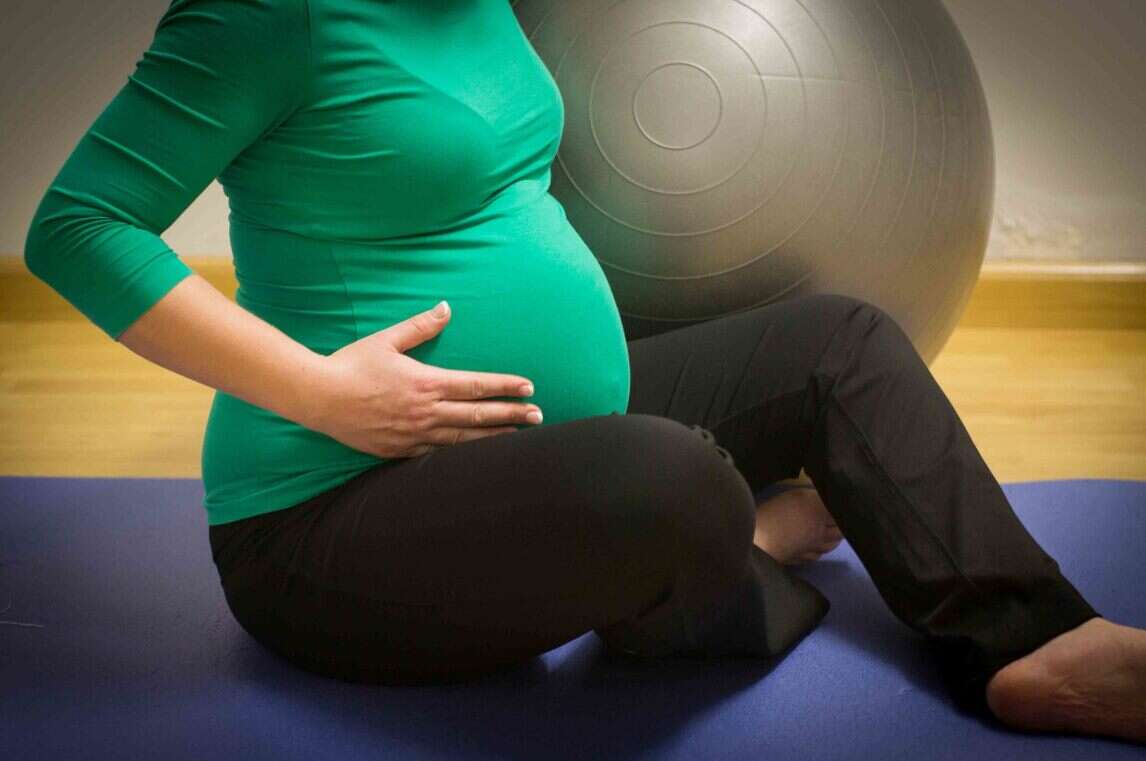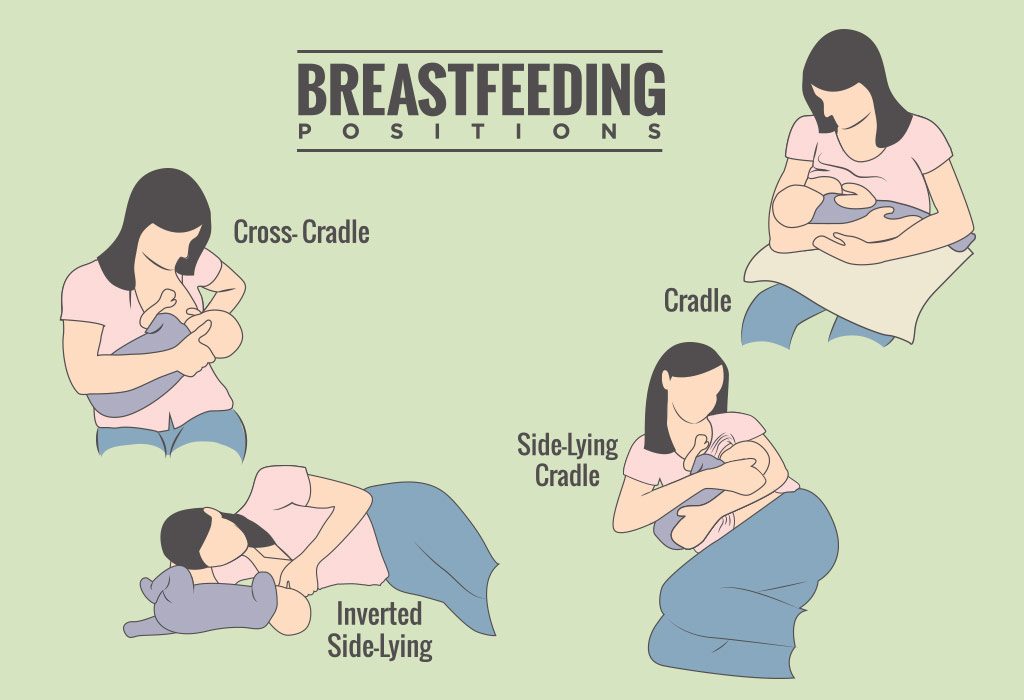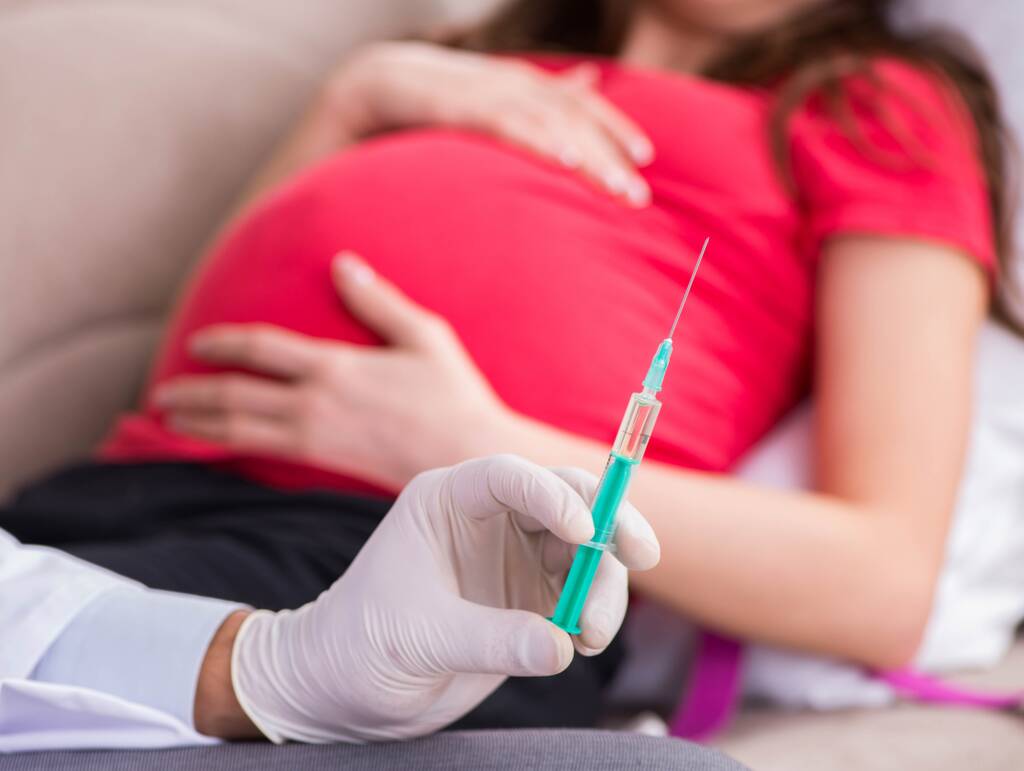Shielding Two Lives: The Importance of Vaccinations for Expectant Mothers
Pregnancy is a miraculous journey filled with anticipation and joy, and ensuring the health and well-being of both the mother and the developing baby is of utmost importance. Vaccinations during pregnancy play a crucial role in safeguarding not only the expectant mother but also the unborn child from potentially serious and preventable diseases. In this article, we will delve into the significance of vaccinations for pregnant women, addressing common concerns and emphasizing the benefits of this protective measure.
Vaccinations During Pregnancy
Vaccinations during pregnancy are carefully recommended to provide protection for both the expectant mother and the developing baby. Some vaccines are specifically advised during pregnancy, while others are part of routine vaccinations that women of childbearing age should consider before becoming pregnant.
Vaccines Recommended During Pregnancy:
- Influenza (Flu) Vaccine:
- The flu can be more severe during pregnancy, leading to complications such as pneumonia.
- The flu vaccine is safe and can be administered at any stage of pregnancy.
- It provides protection for the mother and the newborn during their first few months of life.
- Tdap (Tetanus, Diphtheria, Pertussis) Vaccine:
- Protects against tetanus, diphtheria, and pertussis (whooping cough).
- Administered during each pregnancy, ideally between 27 and 36 weeks of gestation.
- Provides immunity for the mother and helps pass antibodies to the baby, offering protection in the early months.
The Science Behind Vaccination During Pregnancy
Vaccines given during pregnancy are designed to stimulate the immune system to produce antibodies that can protect both the mother and the baby from specific diseases. These antibodies are passed from the mother to the baby, providing passive immunity during the vulnerable period when the baby is too young to receive certain vaccines.
Safety Considerations:
- Extensive research supports the safety of vaccines during pregnancy.
- The flu and Tdap vaccines have been shown to be safe and effective in protecting pregnant women and their babies.
- The benefits of vaccination in preventing serious illnesses far outweigh the potential risks.
Common Concerns and Misconceptions
Addressing concerns and misconceptions surrounding vaccinations during pregnancy is crucial for promoting maternal and fetal health. Let’s explore and debunk some common worries:
- Vaccine Safety for the Baby:
- Vaccines recommended during pregnancy have a proven safety record.
- The benefits of protecting both the mother and the baby from serious diseases outweigh the minimal risks associated with vaccination.
- Timing of Vaccination:
- The recommended timing for vaccines during pregnancy is carefully chosen to maximize protection for both the mother and the baby.
- Vaccines administered during pregnancy do not interfere with the development of the baby’s immune system.
- Side Effects:
- Side effects from vaccines during pregnancy are generally mild and temporary, such as soreness at the injection site or mild flu-like symptoms.
- Serious side effects are extremely rare.
- Vaccine Ingredients:
- Vaccine ingredients are carefully selected and monitored for safety.
- The benefits of vaccination in preventing diseases far outweigh any concerns about vaccine ingredients.
Benefits of Vaccination During Pregnancy
- Fetal Protection:
- Maternal vaccination provides the baby with antibodies that offer protection in the early months of life.
- Newborns are particularly vulnerable to diseases like pertussis, and maternal vaccination helps create a protective shield.
- Community Immunity:
- By vaccinating pregnant women, we contribute to community immunity, protecting vulnerable individuals who may not be eligible for certain vaccines.
- Maternal Protection:
- Vaccines protect the expectant mother from potentially severe illnesses, reducing the risk of complications during pregnancy.
- The flu vaccine, in particular, lowers the chances of flu-related hospitalization.
- Reduced Healthcare Costs:
- Preventing vaccine-preventable diseases in pregnant women reduces the associated healthcare costs and potential complications.
Conclusion: A Shielding Embrace for Two
Vaccinations during pregnancy are a crucial component of prenatal care, providing a protective shield for both the expectant mother and the developing baby. The safety and efficacy of vaccines during pregnancy have been extensively researched and documented, reassuring expectant mothers and healthcare providers alike. By embracing vaccination as a proactive measure, we not only safeguard the health of individuals but also contribute to the well-being of communities by reducing the spread of preventable diseases. As we navigate the beautiful journey of pregnancy, let us empower mothers with the knowledge and tools to ensure a healthy start for their newborns, fostering a future where both maternal and child health thrive.











